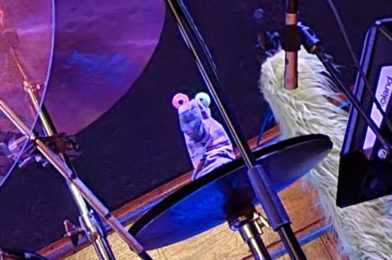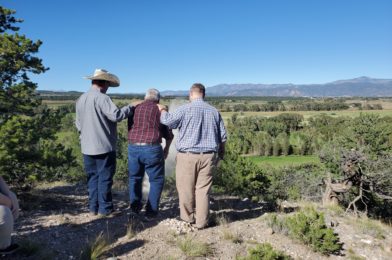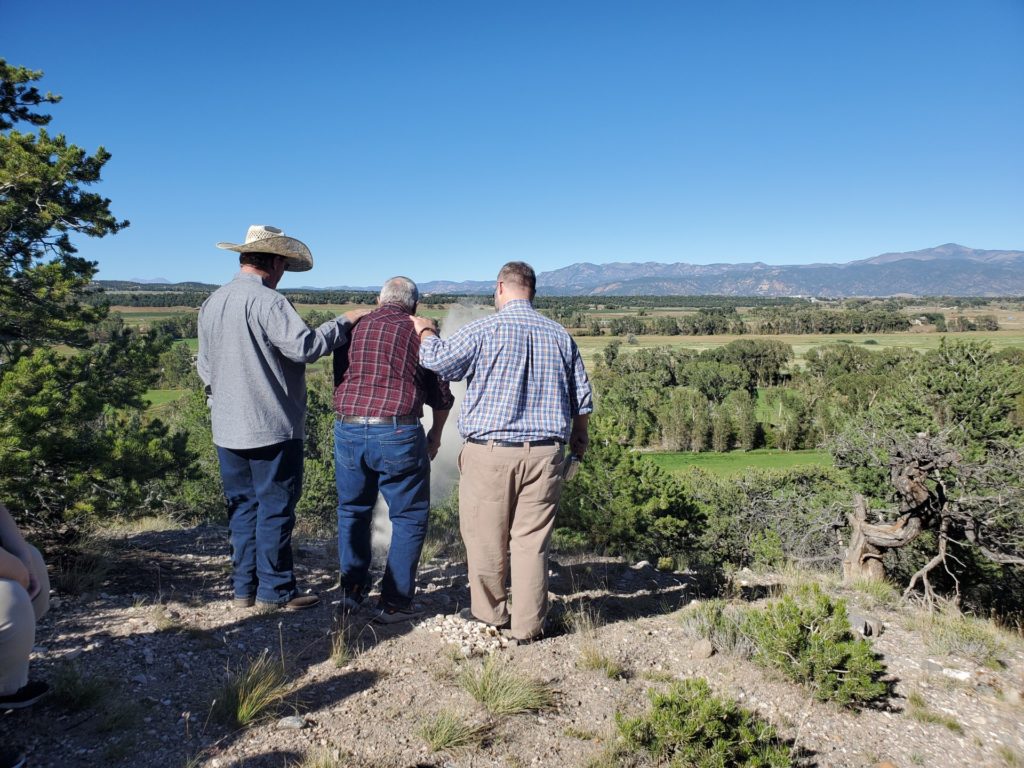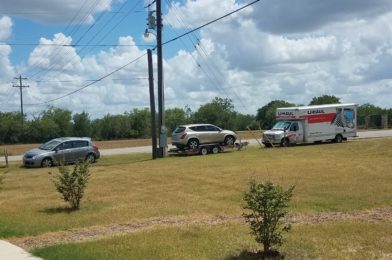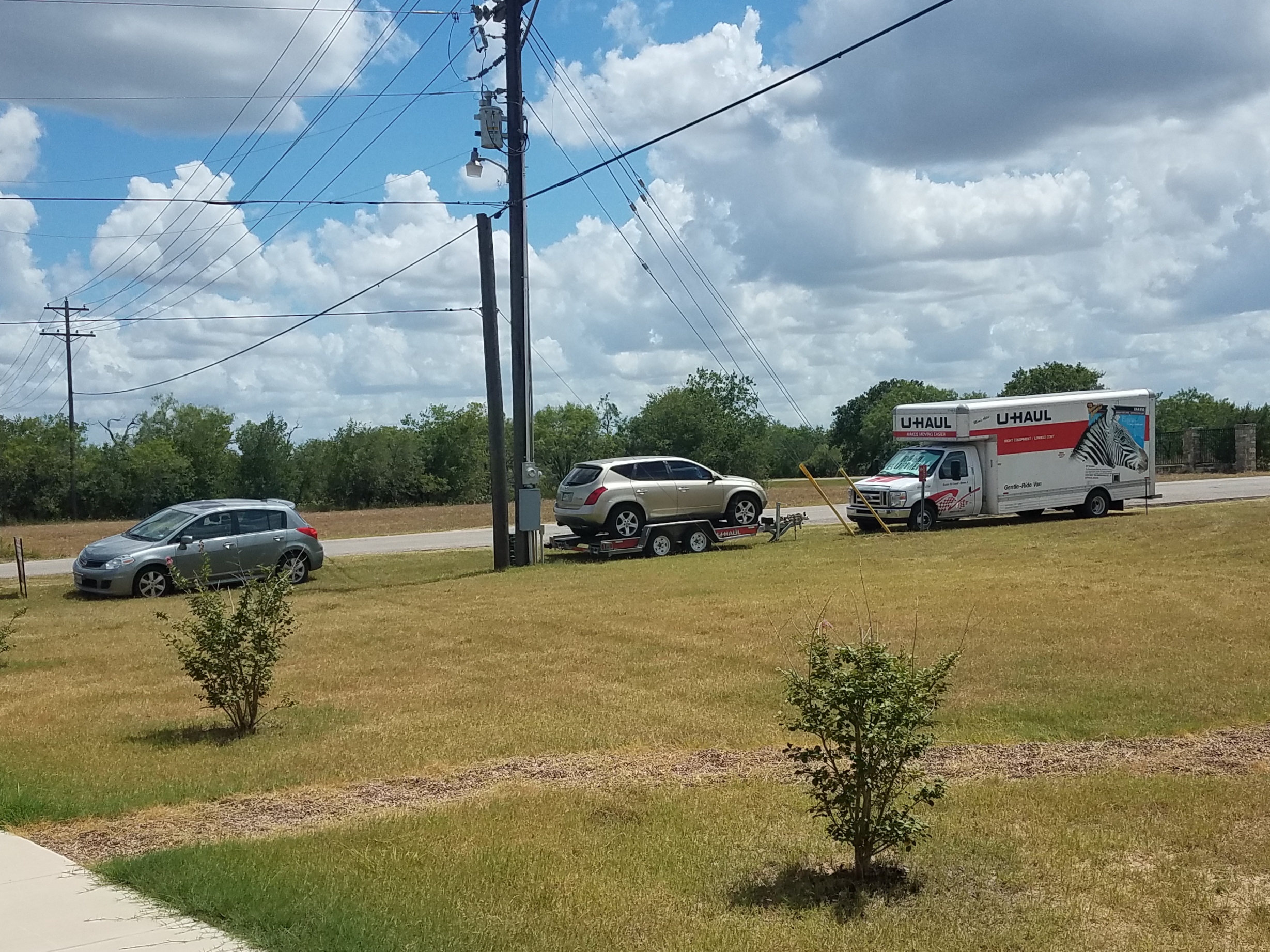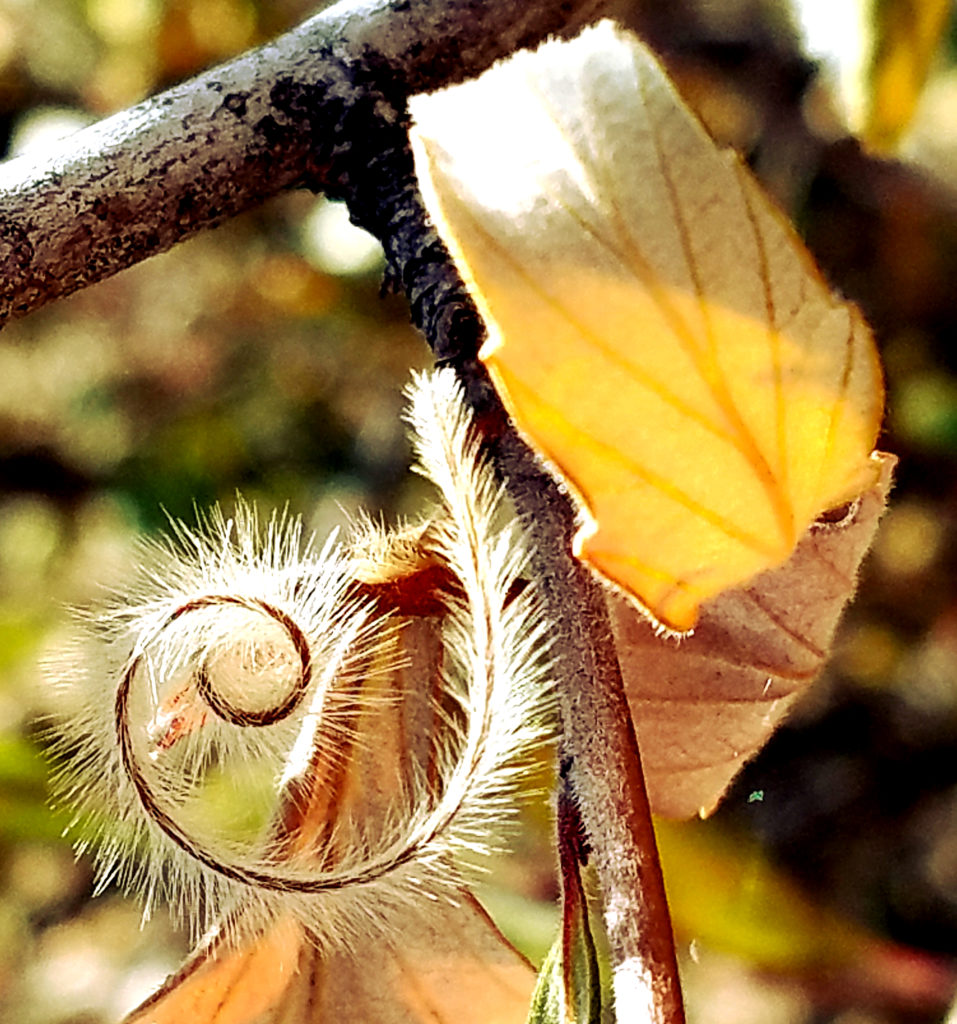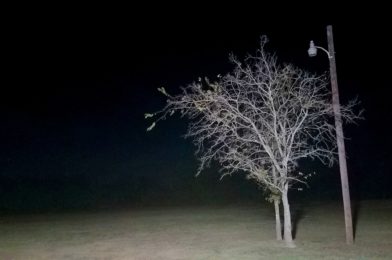A few weeks ago, my partner and I ventured to Chicago to see Corook, one of our favorite musical artists; you may know them from Tik Tok – their biggest song so far is called, “If I Were a Fish” and it is an absolute gem of a song. While they are most assuredly not what the world would call a ‘Christian’ artist, in the most beautiful way I would define Corook as a Christ-like artist who displayed the very presence of Jesus to a crowd far-too-often rejected by His followers in this world.
The superfans that we are, my partner and I were first inside the small venue, but it didn’t matter because Corook’s fanbase is really chill and relaxed and there were zero chances of a fight breaking out for a better view. We made our way to the stage where, as we waited for the show to start, we talked with the folks around us about our favorite Corook songs and where we all were from, and pretty quickly we dove into life stories and what drew us to Corook’s music. A couple and their small daughter came near our little group, so we made space at the very front so the 8-year-old could have a clear view of the performance.
As the time drew near for the show to start, I looked out at the ever-growing crowd and saw folks of all genders and sexualities and races and abilities, all talking with one another, laughing and smiling and welcoming others who neared them; this group of strangers had quickly become a community. These folks who have far-too-often been pushed to the margins of our contemporary society had a space to come together as one body, to sing and dance and love and unconditionally accept, even as the world outside those venue doors continues to seek ways legislate these people out of existence.
As the show started, this spontaneous community of love expressed their joy of music with support and appreciation of the opening act Morgen, singing and dancing along with the budding artist and her music.

When Corook took the stage, they took a moment to acknowledge us – the crowd – and Corook expressed their appreciation for our appreciation of them and their music. And then we all rocked out to “IDK God,” “Snakes,” “Emergency Contact,” and, of course, with kazoos in hand, “If I Were a Fish.”

And as Corook played their set, I sat in the corner next to the stage having this profound realization that I was in the presence of God’s beloved community. In this music-filled space were folks who had far-too-often felt excluded from community, folks who had been denied equality and access to participation, folks who wanted nothing more than to be loved for who they were, and here in this space they were surrounded by all that they had ever wanted from the world: love. acceptance. belonging. fitting in, not pointed out. being in joy.
For the entirety of that concert, all who attended were welcomed and appreciated, all were loved and valued, all were accepted just as they were. There was love, not just for the musicians, but for one another, and space was made to ensure that everyone could be: could be present, could be themselves, could be loved and loving. This was the beloved community.

Harvard Philosophy professor Josiah Royce came up with the idea of beloved community, a space where folks who are dedicated to loyalty and truth can find belonging; a stable space that embraces all of humanity in all its forms. And Dr. Martin Luther King, Jr. expanded on this idea, “…the end is the creation of a beloved community. It is this type of spirit and this type of love that can transform opposers into friends. It is this kind of understanding and goodwill that will transform the deep gloom of the old age into the exuberant gladness of the new age. It is this love which brings about miracles.”
The beloved community was in that very room and I was witness to it – I was INCLUDED in it! In that space, I, who for so many years had opposed the LGBTQIA2+ community, was once again welcomed and included in spite of my past beliefs. In that space I was welcomed in just as Jesus has welcomed me in: with love and acceptance and reconciliation. In that space belonging and inclusion were at the forefront and I was offered all of it.
Corook, who is part of this community of the marginalized, used their talents to create space for God’s beloved community to exist and flourish, no matter how brief. Corook used what God had given them to serve their siblings in ways that most of us cannot; Corook opened wide the doors of that venue and welcomed those who many in this world would deem to be the ‘least of these’. From my perspective, looking out at that community which I was invited into, I realized this was more than a concert; Corook’s performance was a service of love for God’s beloved community. At that show, Corook was Christ-like: welcoming the stranger, ensuring love and acceptance, establishing – though ever-so-briefly – God’s beloved community.
Thanks be to God for Corook and Morgen.
Thanks be to God for the beloved community.
Thanks be to God for finding belonging in the most unlikeliest of spaces.
—–
much love. sheth.

